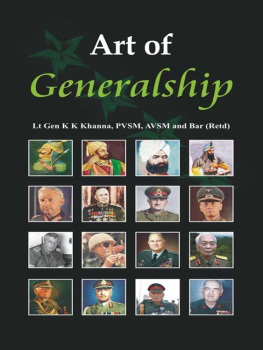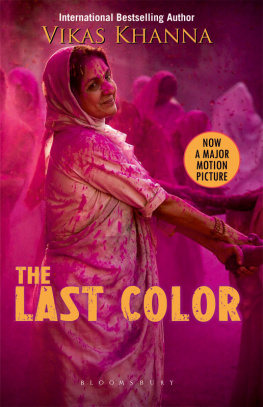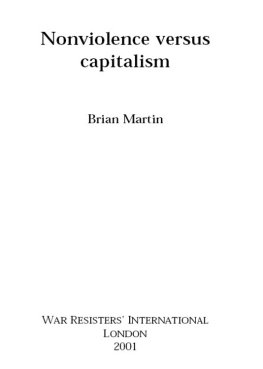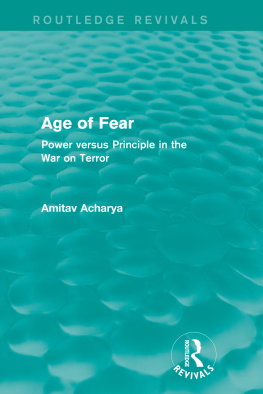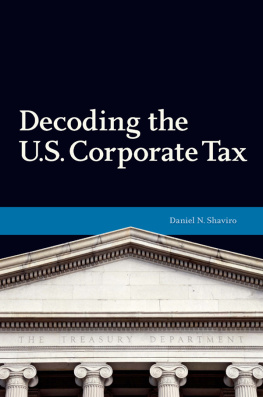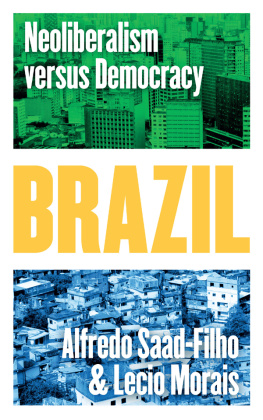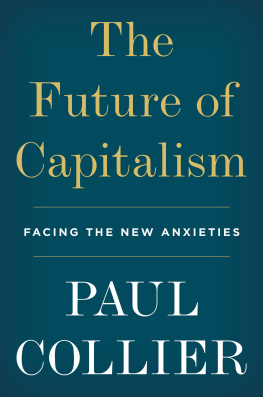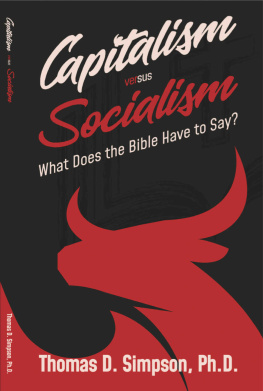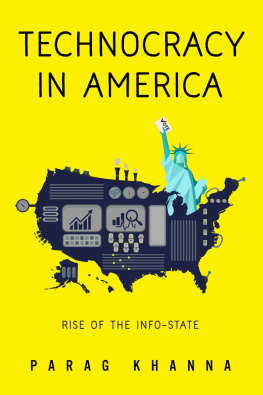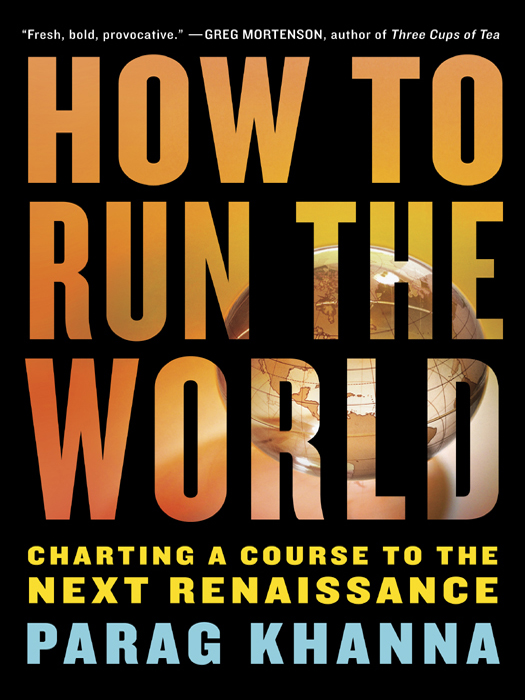All rights reserved.
Published in the United States by Random House, an imprint of The Random House Publishing Group, a division of Random House, Inc., New York.
R ANDOM H OUSE and colophon are registered trademarks of Random House, Inc.
Part One
THE NEW WORLD ORDER
REALLY
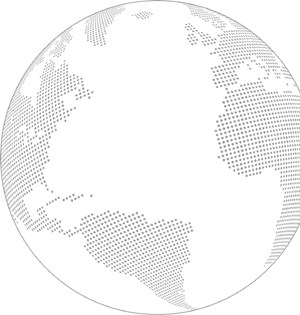
Chapter One
Mega-diplomacy
Breakdown and failure reveal the true nature of things.
K ARL J ASPERS
Two millennia of experience and mountains of knowledge have not made us much more capable of managing our affairs than stone-age people.
M AHATHIR BIN M OHAMED ,
former prime minister of Malaysia
T here is one way to run the world: with diplomacy. Yet for many people, diplomacy is a historical term more than anything useful. That needs to change. Until we evolve a new diplomatic design, we will fail to confront and prevent the constant stream of crisesfrom financial turmoil to failed statesthat engulf us. We are running out of time.
Twenty-first-century diplomacy is coming to resemble that of the Middle Ages: Rising powers, multinational corporations, powerful families, humanitarians, religious radicals, universities, and mercenaries are all part of the diplomatic landscape. Technology and money, not sovereignty, determine who has authority and calls the shots. This can be a good thing if it means getting all hands on deck to managechallenges that no government or organization can tackle alone. Success in this new world of mega-diplomacy hinges on bringing the key players togethergovernments, businesses, and organizationsinto coalitions that can quickly move global resources to solve local problems. This is not your grandfathers diplomacy, but todays Generation Y intuitively gets it.
Diplomacy Is Dead! Long Live Diplomacy!
A t least once every hundred years, the world goes to warand then tries to make lasting peace. During six intense months in Vienna in 1814, ministers of Europes major powersBritains Lord Castlereagh, Frances Talleyrand, Russias czar Alexander I and Count Nesselrode, and Austrias Prince Metternichwere entrusted with redrawing Europes political map after the defeat of Napoleonic France. Their conservative order, the Concert of Europe, lasted essentially until World War I. When the great powers gathered again for six months in Paris in 1919, they were represented by Frances Georges Clemenceau, Britains David Lloyd George, Italys Vittorio Orlando, and Americas Woodrow Wilson. As the statesmen negotiated military disarmament, exchanges of territory, payment of reparations, and the dismantling of colonies, it seemed the whole world was in their handsuntil it all fell apart again. After World War II, Americas Franklin D. Roosevelt envisioned a global version of the Concert of Europe, this time with Four Policementhe United States, the United Kingdom, the Soviet Union, and Chinaguaranteeing global stability. However, despite the growing membership of the United Nations, Cold War superpower summits reminded the world that some countries were still more equal than others.
Luckily, the Cold War ended without nuclear catastrophe, but the vacuum of the past two decades has yet to give birth to a new global architecture that reflects the rapidly changing realities of power and influence. The nineteenth-century world was run by a few key powers overseeing their colonies, and the twentieth century by power blocks. In the twenty-first century, however, manipulating world order from above wont be enough.
The past decadefrom the 9/11 terrorist attacks to the global financial meltdownhas taught us the dangers of interdependence and that outsourcing leadership is a recipe for disaster. Some now fear a breakdown of our global order, but isnt it scarier to realize that the present order has already been broken for years? Its the kind of moment the philosopher Karl Popper had in mind when he argued that tearing down our existing order and constructing a new one from scratch might lead to a more workable system.
How bad is it? Well, today the powers that are expected to keep the peace sell the most weapons, the banks that are supposed to encourage saving promote living beyond ones means, and food arrives to hungry people after theyve died. We are hurtling toward a perfect storm of energy consumption, population growth, and food and water scarcity that will spare no one, rich or poor. Our ever-growing list of crises includes financial instability, HIV/AIDS, terrorism, failed states, and more. Any one of these can magnify another, creating a downward spiral for individual nations and regions. Within the next twenty years we could see proxy skirmishes escalate into major war between America and China, more weak states crumbling, conflicts over submerged oil and gas resources at sea, drought-starved refugees streaming out of central Africa, and sinking Pacific islands.
Henry Kissinger said it best: You do not design a new world order as an emergency measure. But you need an emergency to bring about a new world order. Finally, there is a global debate under way about how to redesign the way we run the world. Its about timeand hopefully not too late. Globalization has thrust us into a chaotic era with which our leading powers and institutions only pretend they can cope. Americans believe they can lead a multi-partner world, Europeans think they can tame the world through civilian power, the Chinese try to buy the world off, most other states just want status without responsibility, and the United Nations is barely spoken of anymore. They all need to seriously rethink how the world is run. The notion of a G-2 axis between the United States and China is the latest misguided incarnation of our quest for a simple global frameworkit ignores the fact that the two powers cant agree on currency, climate, censorship, or many other issues, and that few if any countries want to be dictated to by either the United States or China.
There is no doubt that we need a global redesign to confront this perfect stormone that doesnt just react to crises but proactively prevents them. What we have right now, though, is global policy gridlock: The West demands interventions and human rights, while the East prefers sovereignty and noninterference; the North is scared of terrorism and proliferation, while the South needs food security and fair trade. Stock prices are crucial for the capital rich; commodities prices for the resource rich. Americans are suspicious of Chinese state-owned companies, while the Chinese are suspicious of American regulators. We seem as far away as ever from a new consensus.


